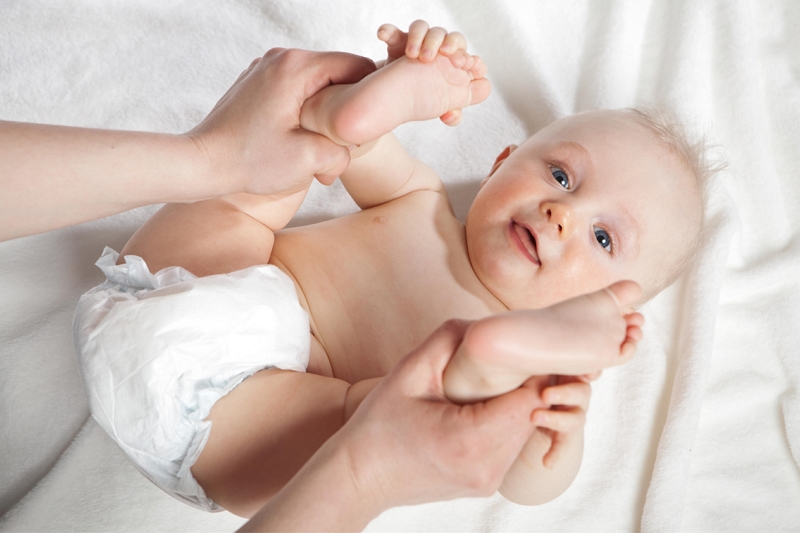Where to donate diapers and formula? Many organizations throughout the Chicagoland area accept donations of diapers and formula. The following is a list of some of these organizations:
-The Greater Chicago Food Depository accepts donations of both diapers and formula. They can be dropped off at any of their four locations: Northside, West Side, South Side, or suburban location.

-The Diaper Bank accepts donations of disposable diapers (all sizes) and cloth diapers (All sizes). You can drop off donations at their warehouse in Itasca or they will pick up from your home or place of business.
Can you use size 1 diapers on a newborn?
Most newborns will fit comfortably into size one diapers. However, it is always a good idea to check the diaper’s weight and length guidelines before purchasing any size of the diaper. Some babies may be larger or smaller than average, so it is important to ensure a comfortable and snug fit.
If in doubt, ask an experienced parent or caregiver for advice. Ultimately, it is up to the parents to decide what size diaper to use on their newborn baby. experimentation with different sizes may be necessary to find the best fit for each individual infant.
Additionally, remember that disposable diapers come in many different shapes and sizes, so there is likely a perfect option out there for every little one.
Does wearing diapers affect baby boy?
There are a few schools of thought on this matter. Some parents believe that wearing diapers will help their baby boy develop healthy bladder and bowel habits. Others think that diaper-wearing may lead to problems such as urinary tract infections (UTIs) or constipation later in life. So, what is the truth? Does wearing diapers affect baby boys?
The verdict is still out on this one. Studies have shown that there is no significant difference between babies who wear diapers and those who don’t when it comes to developing bladder and bowel habits.
However, there is some evidence that suggests diapering can increase the risk of UTIs in baby boys. So, if you’re concerned about your child’s health, it might be best to let him go without diapers as often as possible.
Ultimately, it’s up to you whether or not you want to put your baby in diapers. If you do choose to use them, just be sure to keep an eye on his health and make changes when necessary. And always consult with your paediatrician if you have any questions or concerns.
Why are disposable diapers better than cloth?
The average baby will go through about six thousand diapers in the first two years of their life. That’s a lot of waste! Disposable diapers are better for the environment because they can be thrown away and don’t have to be washed. Cloth diapers need to be washed, which uses water and energy.
Disposable diapers also keep your baby drier and cleaner than cloth diapers do. They absorb more liquid, so your baby doesn’t feel wet or dirty as long. Cloth diapers can leak, which means your baby could get diaper rash.
Finally, disposable diapers are cheaper than cloth diapers in the long run. You’ll save money on laundry detergent, fabric softener, and diaper rash cream if you use disposable diapers.
In conclusion, disposable diapers are better than cloth for several reasons: they’re more environmentally friendly, they keep your baby drier and cleaner, and they’re cheaper in the long run. Try using disposable diapers to make life a little easier for yourself and your baby!
Can we use diapers for 24 hours?
There are many different types of diapers on the market, so it is important to find the right one for your baby. Some diapers can be used for up to 24 hours, while others need to be changed more often. It is important to read the package instructions carefully to make sure you are using the diaper correctly.
It is also important to change your baby’s diaper frequently, even if the diaper says it can be used for a longer amount of time. Babies can get uncomfortable and wet quickly, so it is best to change them often. Diapers that are too tight or too loose can also cause problems, so make sure you adjust them as needed.
If you have any questions about using diapers, or if you are having trouble with them, be sure to talk to your paediatrician. They can help you find the right diaper for your baby and give you advice on how to use it correctly.
How frequently diaper should be changed?
The frequency of diaper changes for a baby depends on many factors: the brand and type of diapers, the age of the baby, how active the baby is, whether or not the baby is breastfed, and whether or not the baby has bowel movements.
Generally speaking, newborns need to be changed every two to three hours; infants aged four to nine months need to be changed every three to four hours; and toddlers up to age three need changing every four to six hours.
However, always follow your paediatrician’s advice as they know your child best. If you have any questions about when and how often you should change your baby’s diaper, don’t hesitate to ask your doctor! They’ll be more than happy to help.
